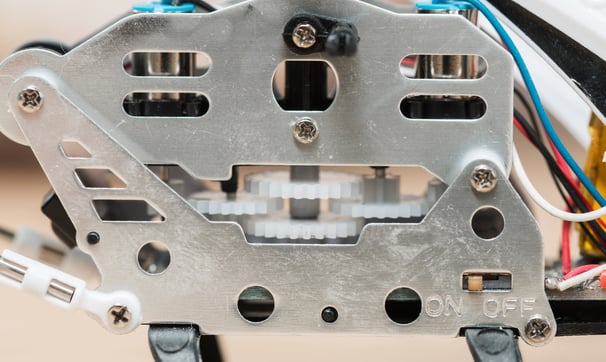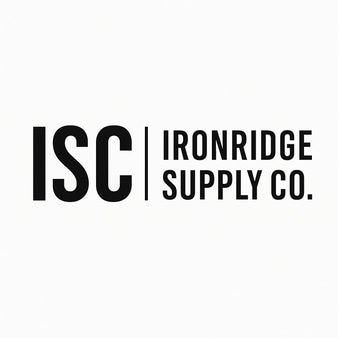How Threadlockers and Washers Impact Load Retention
FASTENERS & HARDWARE


Two of the simplest, yet most powerful tools to combat loosening are threadlockers and washers. In this article, we’ll explore how each contributes to load retention, review product types, and walk through a real-world case study showing their combined benefits in industrial use.
The Problem: Bolts Don’t Stay Tight Forever
Bolted joints face dynamic conditions:
Vibration
Heat and cold
Torque and axial load
Compression relaxation of materials
Over time, these forces can reduce clamping force, loosen the bolt, and lead to failure. That’s why fastener retention is so important in equipment, vehicles, and structural assemblies.
Threadlockers: The Liquid Solution to Loosening
Threadlockers are anaerobic adhesives that cure in the absence of air, locking fastener threads in place. They fill the microscopic gaps between threads, preventing movement and leakage.
Key Benefits:
Prevent vibrational loosening
Seal against moisture and corrosion
Reduce the need for retorquing
Easy to apply
Recommended Product Examples:
Loctite® 243 (Medium strength)
Loctite® 271 (High strength)
Permatex® High Strength Red
Vibra-TITE® VC-3 (Reusable threadlocker coating)
Tip: For oily surfaces or stainless steel, use a primer to ensure full cure.
Washers: The Mechanical Layer of Protection
Washers are more than spacers—they distribute load, reduce friction, and enhance bolt performance.
Common Washer Types for Load Retention:
1. Flat Washers
Distribute load across a wider surface
Protect materials from damage
2. Split Lock Washers
Create tension under the bolt head to resist rotation
Useful in light to moderate vibration environments
3. Belleville (Conical) Washers
Act as springs to maintain tension
Ideal for thermal expansion or materials that compress
4. Serrated or Wedge Lock Washers
Use opposing ridges to resist rotation
High-vibration applications like pumps, compressors
Case Study: Retaining Load in a Vibrating Motor Mount
Challenge:
A manufacturing plant experienced recurring loosening of bolts on a high-vibration motor mount. Standard fasteners with flat washers failed within 3–6 weeks of operation.
Solution:
They upgraded to:
Grade 8 bolts
Blue threadlocker (Loctite® 243)
Wedge lock washers
Results:
No bolt failures over 6 months of continuous operation
Maintenance time reduced by 70%
Improved equipment uptime
Key Takeaway:
Combining chemical (threadlocker) and mechanical (washer) solutions created a reliable system for load retention.
Best Practices for Load Retention
Clean threads before applying threadlocker (use acetone or isopropyl alcohol)
Avoid over-tightening—use a calibrated torque wrench
Pair the right washer type with your load and vibration profile
Match threadlocker strength to the service environment and future serviceability
Store threadlockers at room temperature to preserve shelf life
Conclusion
Threadlockers and washers are small components that play a big role in keeping bolted joints secure. When used correctly, they enhance safety, improve reliability, and reduce maintenance costs.
At Ironridge Supply Co., we stock a wide range of threadlocking adhesives and load-retaining washers. Our experts can help you spec the right combination for your application—whether you're building machinery, maintaining infrastructure, or securing sensitive components.
🧪 Shop Threadlockers and Adhesives
📞 Need Help Solving a Fastening Problem? Talk to Our Team
